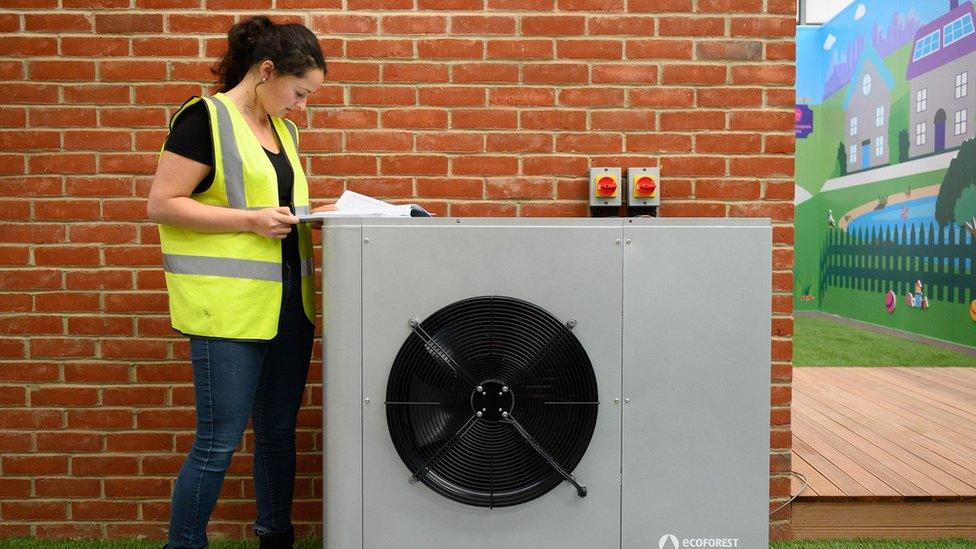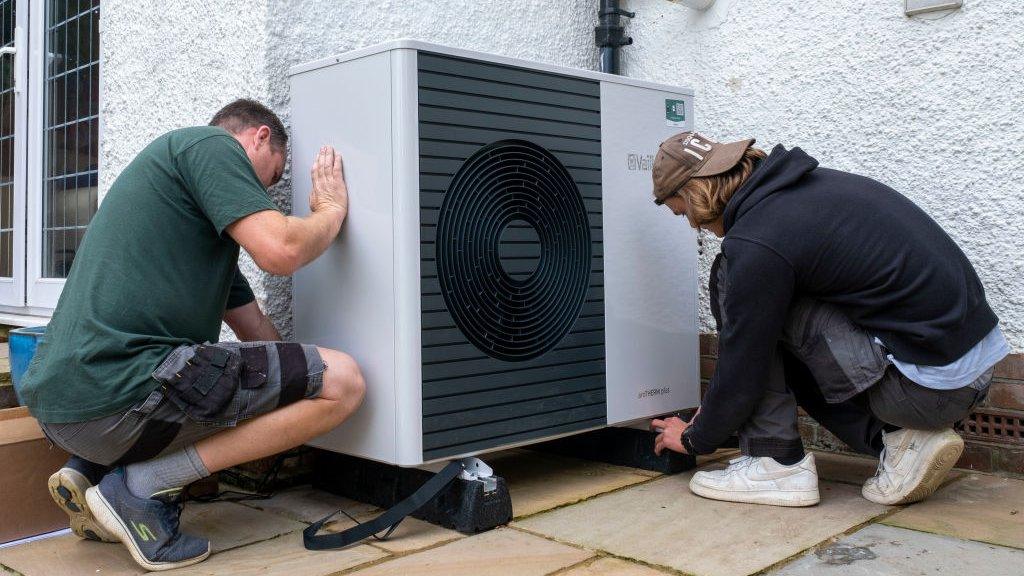Heat-pump scheme 'one-dimensional', say heating firms
- Published
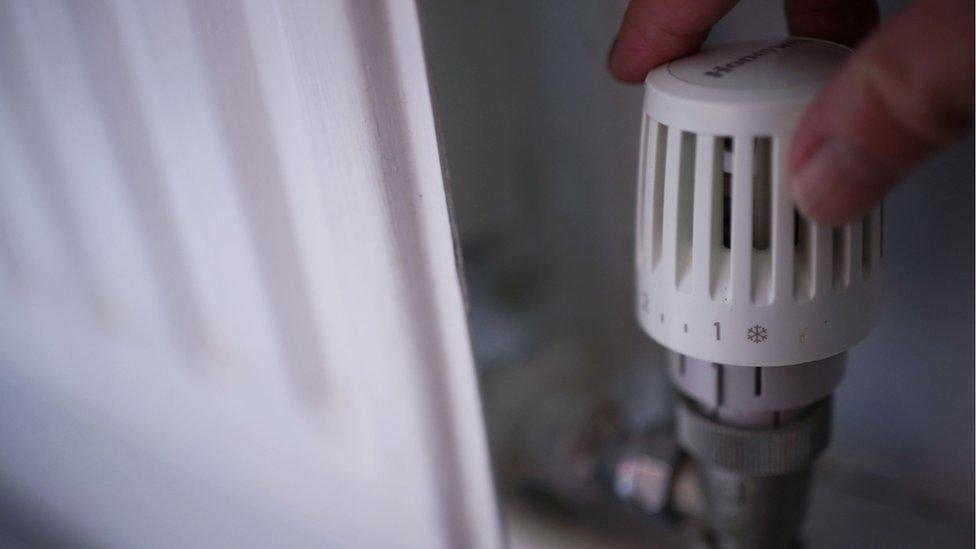
Heating our homes contributes 14% of the UK's carbon emissions
Across the UK, our homes have about 22 million boilers that burn fossil fuels. The government wants us to help the environment by switching to electricity for heating and hot water, and has just increased incentives to householders in England and Wales.
The scheme launched in May 2022, but has so far helped just 21,000 homes to convert. Firms behind new heating technologies say the government should go further, and faster.
On Wednesday, Prime Minister Rishi Sunak announced incentives of at least £5,000 to install heat pumps or biomass boilers would be increased to at least £7,500.

'It wasn't really sustainable'
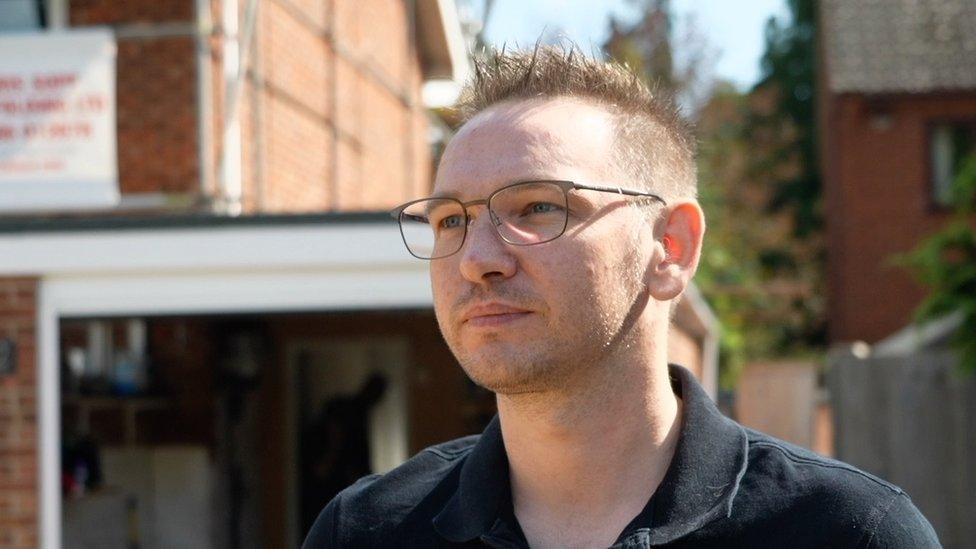
Damian Lofthouse looked into having a heat pump installed but the work, disruption and other upgrades needed put him off
When Damian Lofthouse wanted to change his oil-fired boiler for something greener, he considered an air source heat pump, but decided against it, despite the government incentive.
Mr Lofthouse, from Norwich, hoped to cut his family's carbon footprint, and using electricity for heating and hot water was the next step.
Heating our homes contributes around 14% of the UK's carbon emissions and the Westminster government is pushing heat pumps to replace gas and oil boilers.
As well as being VAT-free, under the £450m Boiler Upgrade Scheme, air source heat pumps and biomass boilers attracted a £5,000 grant in England and Wales, with £6,000 available for ground source heat pumps.
The prime minister announced at a Downing Street press conference on Wednesday that grants were being increased by 50%.
Mr Lofthouse, 40, asked heat pump installers to conduct surveys and draw up quotes, but the results were not positive.
They told him "every radiator would need to be replaced" and that he might need planning permission.
"It got to a point where it just wasn't really sustainable for us in terms of the cost and disruption," Mr Lofthouse said.
He is not alone. While heat pumps can be installed in virtually any property, a briefing, external by the UK Parliamentary Office for Science and Technology in July said "most UK housing will need radiator upgrades to achieve good performance".

'Failing to deliver'
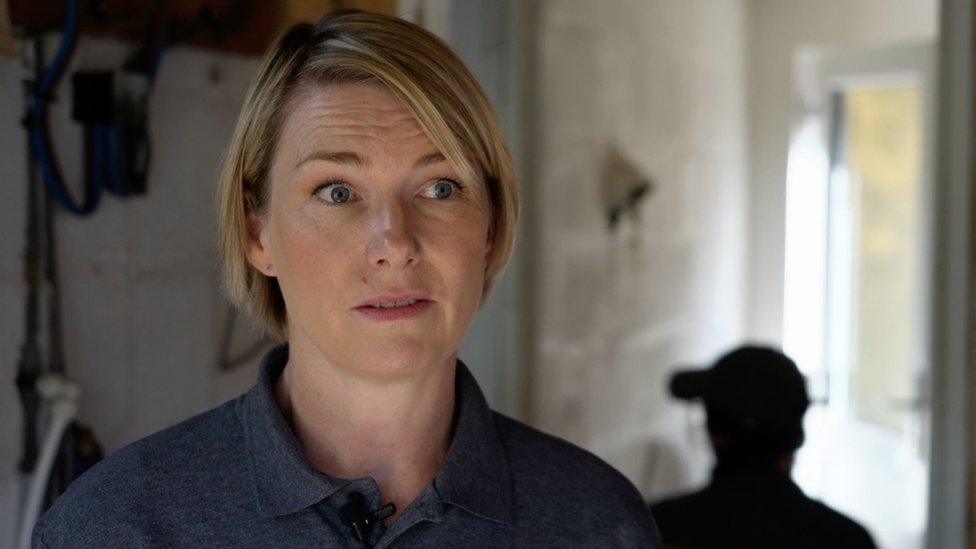
Katharine Kemp, whose company installs renewable heating systems, said many properties needed upgrading for heat pumps to work
Katharine Kemp, from Norfolk-based Leaping Hare Renewables, said that when installing a heat pump, "the whole house can have a great deal of disruption."
That could be two weeks or sometimes longer, she added.
Between May 2022 and July 2023, the Boiler Upgrade Scheme, external received grant applications for 21,212 air source and ground source heat pumps, an average of around 1,415 a month. It also helped pay for a much smaller number of biomass boilers.
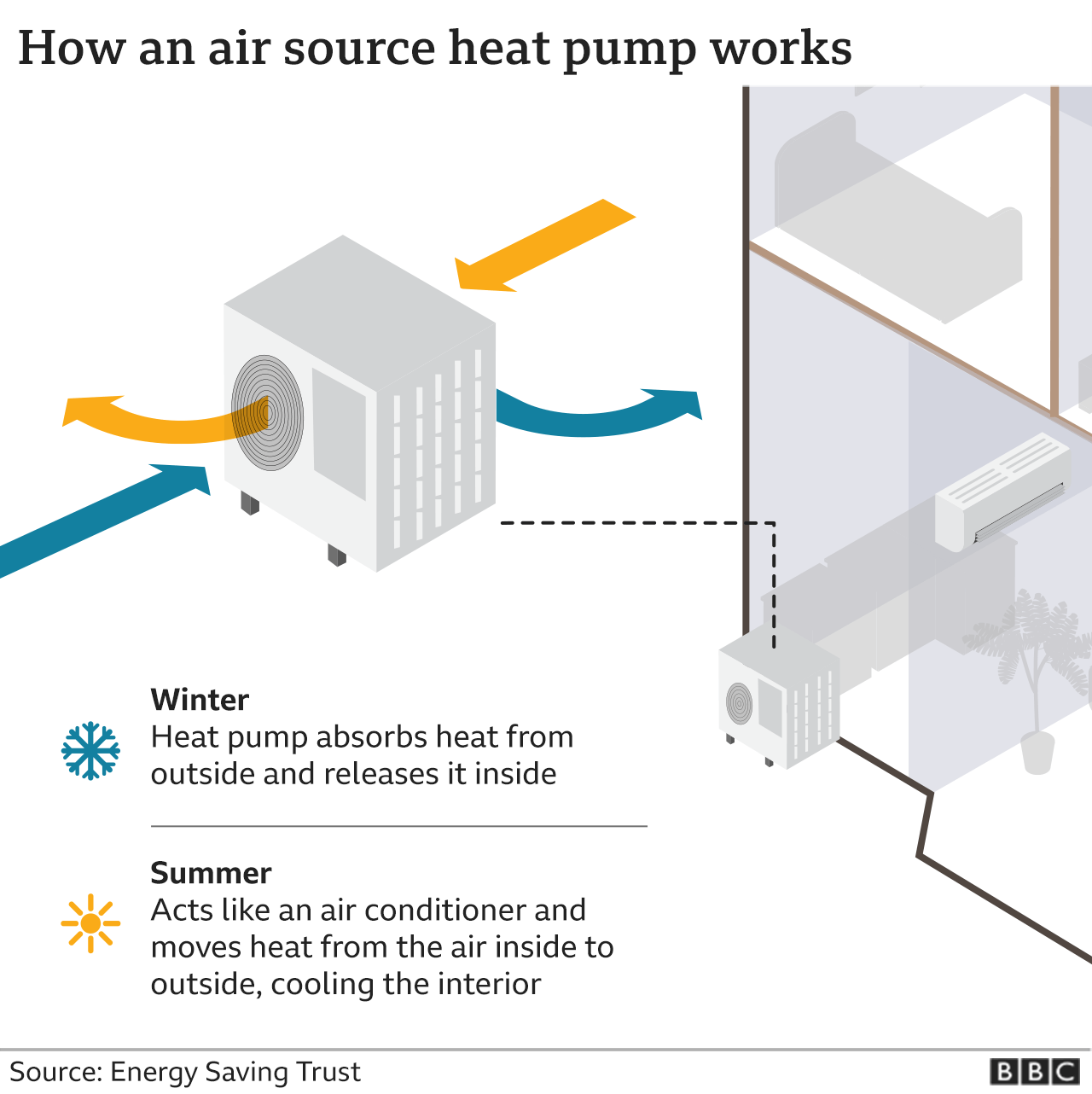
In February, the House of Lords Environment and Climate Change Committee said, external the scheme was "seriously failing to deliver" with a "disappointingly low take-up".
In response, the government said the take-up of heat pumps was higher under the current scheme than the Domestic Renewable Heat Incentive, which it replaced.
Instead of a heat pump, Mr Lofthouse bought a "zero-emission boiler" from Tepeo.
The smart storage heater charges itself up when electricity is cheaper and greener, and then discharges into a home's existing radiators or hot water tank.
It does not qualify for any subsidies or VAT exemptions.

'Get with the times'
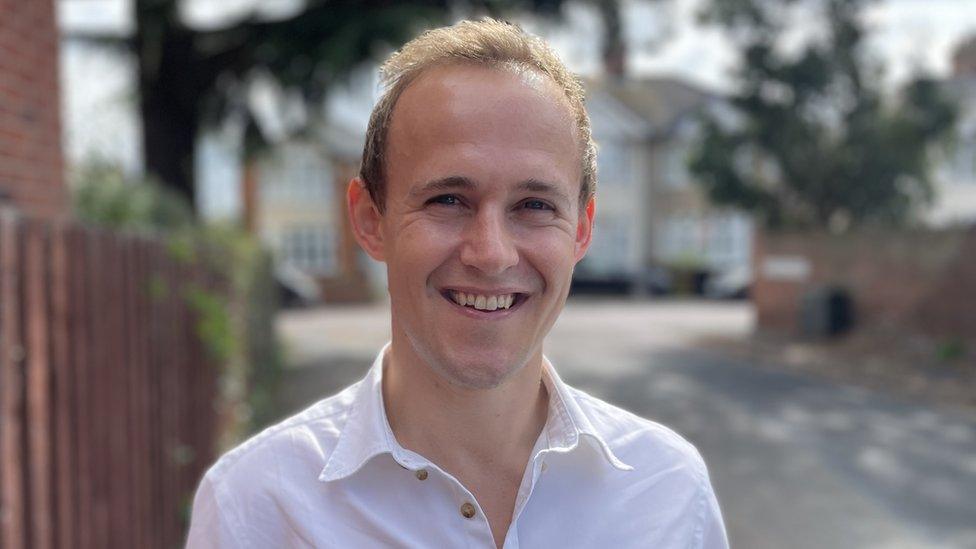
Tepeo, whose CEO is Johan du Plessis, makes a smart "zero-emission boiler" that is not included in the Boiler Upgrade Scheme
Tepeo's CEO and founder Johan Du Plessis said the government's policy needed to "get with the times".
Heat pumps were a "very important part of the solution", he said, but it was "very one-dimensional" to try to apply a single technology to all homes.
"Every single home in this country is different and we need to have a range of different options for people to decarbonise and electrify their heating, otherwise it's going to put people off," he said.
"For millions of homes out there for whom heat pumps don't work for a variety of reasons, those people are being excluded from the current policies that the government is employing."
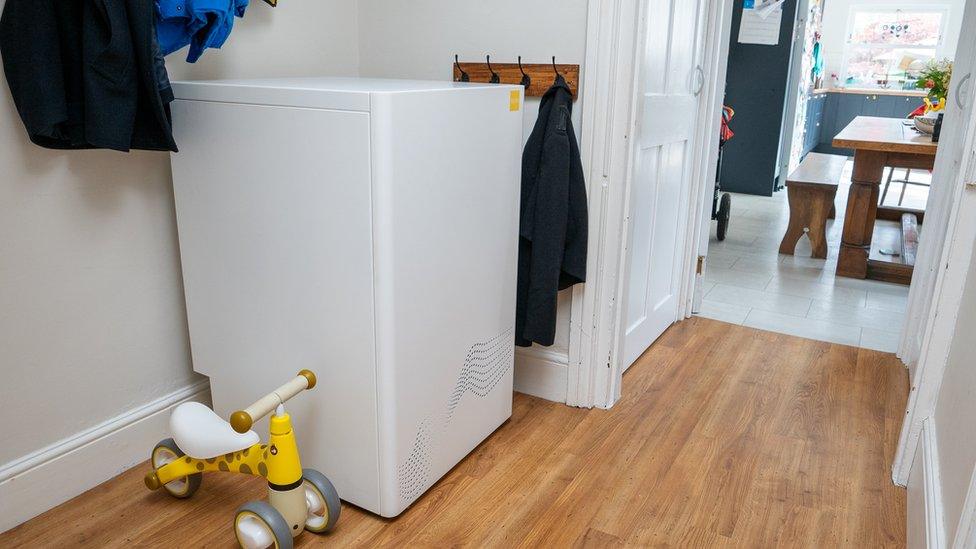
Tepeo's electric-powered boiler can charge up when electricity is cheaper and greener
A letter, external organised by Thermal Storage UK, an industry lobby group, and signed by organisations including the Energy Saving Trust and Citizens Advice, asked the Treasury to update a list of VAT-exempt energy-efficient products that had not been added to since 2006.
Richard Nugee, chair of manufacturer Remit Zero, whose emission-free boiler replacement called Cylo does not qualify for financial incentives, said: "What government should do is provide that subsidy to all decarbonising heat sources... so that it is a level playing field."
That way, he added, home-owners, housing associations and others "can make their own choice as to which is the best product".

'Long way behind'
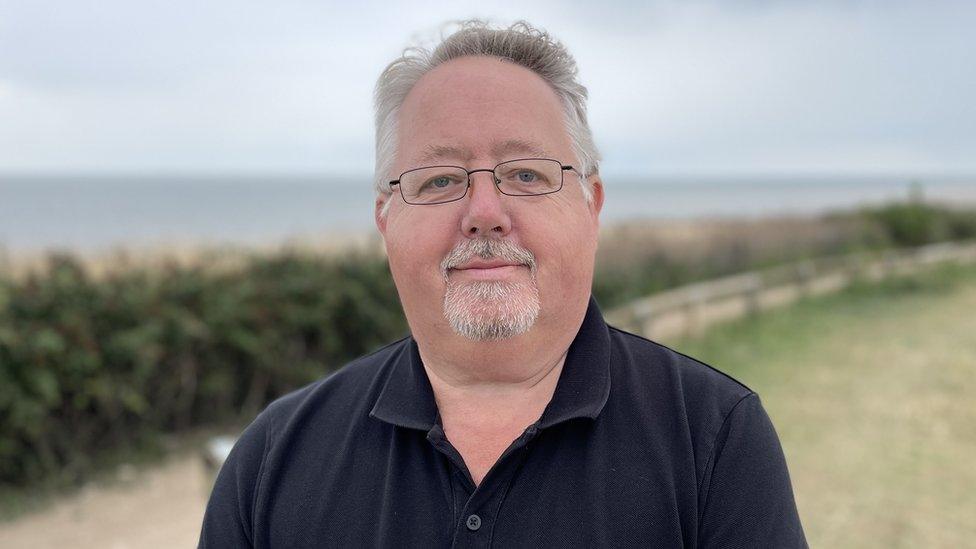
Gary Williams, co-founder of CeraPhi Energy, said he believed deep geothermal energy could heat homes in the future but needed more support
Great Yarmouth-based CeraPhi Energy believes it has another potential solution: deep geothermal.
It involves drilling up to 5km (3.1 miles) into the ground and capturing the higher temperatures beneath the earth's surface.
Gary Williams, CeraPhi co-founder, said it could be used to heat water in shared systems at large developments such as universities, hospitals and new housing estates.
The company is testing its technology in a disused fracking well in Yorkshire and said places like Hunstanton – a geothermal hotspot on the north Norfolk coast – could be ideal.
"We started this three years ago and at that time the government really wasn't looking at deep geothermal - it was being dismissed," Mr Williams said.
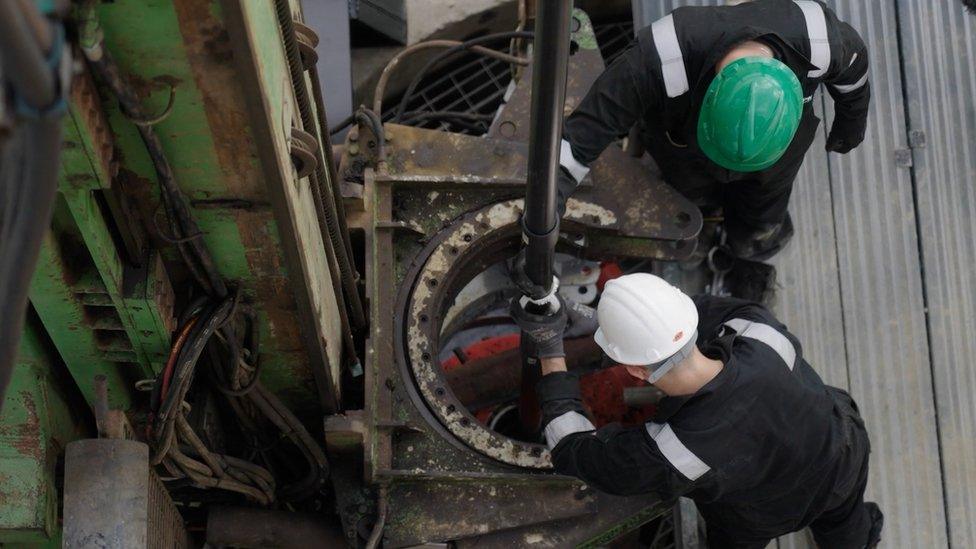
Deep geothermal is looking at capturing heat up to 5,000m underground and use the energy on the surface
But the technology - like offshore wind power 25 years ago - needed government backing to mature, he added.
"Government is starting to wake up – but they're are a long, long way behind where they need to be in supporting this industry," he said.

'Fully committed'
A Department for Energy Security and Net Zero spokesperson said: "The Boiler Upgrade Scheme has paid out £81m-worth of vouchers to date and, as a result, families can now install a heat pump for an increasingly similar price to a gas boiler.
"Heat pumps are a proven option of decarbonising heat, and we remain fully committed on meeting our aim of 600,000 installations a year by 2028."
The Treasury said it did not comment on tax policy outside of the Budget or the Chancellor's Autumn Statement, but taxes were always under review.

Find BBC News: East of England on Facebook, external and Instagram, external. If you have a story suggestion email eastofenglandnews@bbc.co.ukor get in touch via WhatsApp on 0800 169 1830
Related topics
- Published20 September 2023
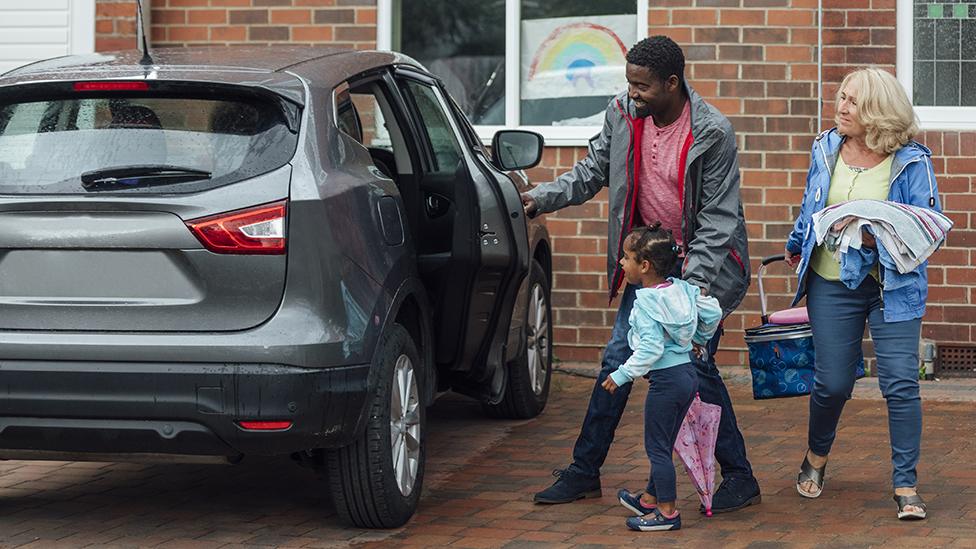
- Published1 August 2023
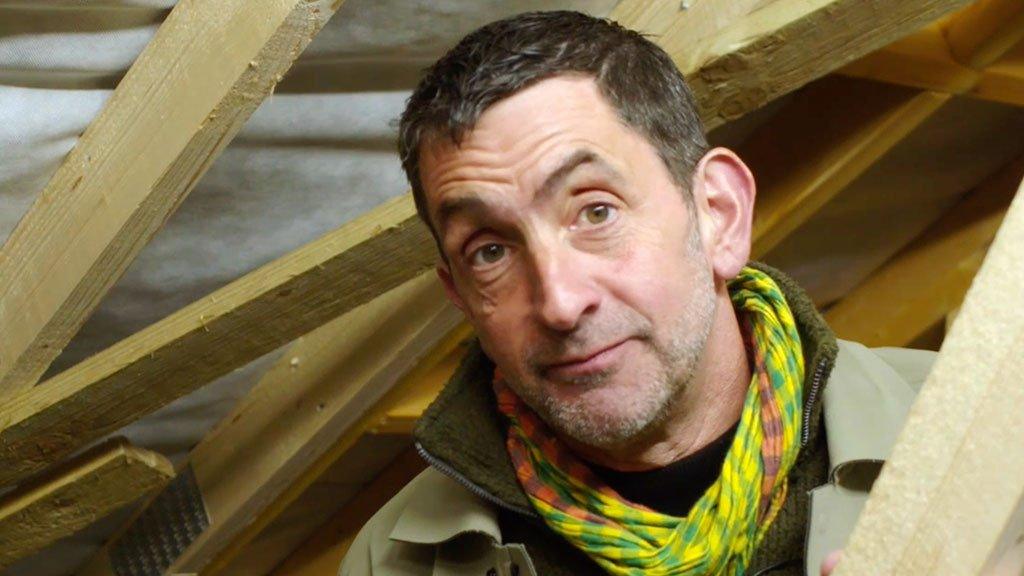
- Published17 July 2023
